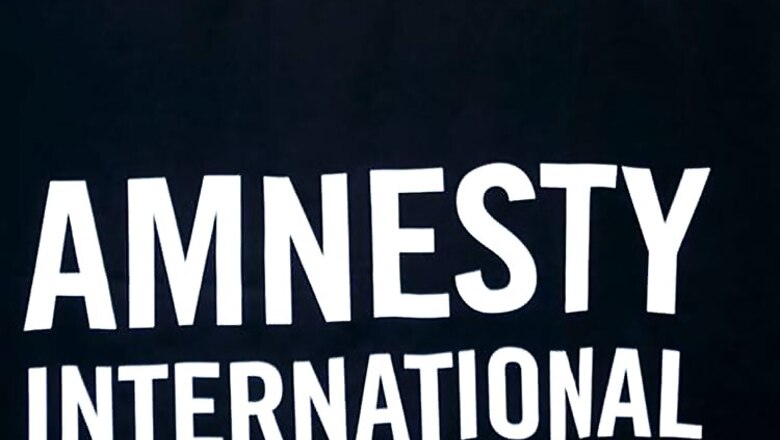
views
Authorities in India failed to "prevent many incidents of religious violence" and sometimes "contributed to tensions through polarising speeches", Amnesty International said as it condemned growing intolerance in the country in its annual report released on Wednesday.
The rights body in it its report for 2015-16 warned against worldwide assault of freedoms with many governments "brazenly" breaking international law, including an "intensified crackdown on key freedoms" in India. "Scores of artists, writers and scientists returned national honours in protest against what they said was a climate of growing intolerance," the report said in reference to India.
"Authorities clamped down on civil society organisations critical of official policies, and increased restrictions on foreign funding. Religious tensions intensified, and gender and caste-based discrimination and violence remained pervasive. Censorship and attacks on freedom of expression by hardline Hindu groups grew," it added. Aakar Patel, Executive Director of Amnesty India, said:
"In 2015, India saw several backslides on human rights. The government intensified restrictions on civil society organisations..."
"What is heartening is that there has been opposition to the erosion of rights. The widespread outrage around incidents of religious intolerance, a Supreme Court ruling striking down an oppressive law on free speech online, the many public protests against ill-conceived reforms to land acquisition laws - these offer hope that 2016 can be a better year for human rights in India."
Amnesty rebuked Indian authorities for "failing to prevent many incidents of religious violence, and sometimes contributing to tensions through polarising speeches and pervasive caste-based discrimination and violence".
"There was some progress when the lower house of Parliament passed an amendment to the Scheduled Castes and the Scheduled Tribes (Prevention of Atrocities) Act, recognising new offences and requiring that special courts be established to try them, and stipulating that victims and witnesses receive protection," it said.
In reference to violence against women, it said: "Although nearly 322,000 crimes against women, including over 37,000 cases of rape, were reported in 2014, stigma and discrimination by police officials and authorities in India continued to deter women from reporting sexual violence, and most states still lacked standard operating procedures for the police to address violence against women."
It also highlighted "restrictive foreign funding laws" being used to repress NGOs critical of the government. "In a positive move, the Supreme Court directed states to install closed-circuit television in all prisons to prevent torture and other violations, while the government stated it was considering amending the Penal Code to specifically recognise torture as a crime," it noted.
In another positive development, it lauded a historic peace framework agreement reached in Northeastern India between the government and the "influential armed group National Socialist Council of Nagaland.
Globally, Amnesty International warns of an insidious and creeping trend undermining human rights which has come from governments deliberately attacking, under-funding or neglecting institutions that have been set up to help protect our rights.
"Your rights are in jeopardy: they are being treated with utter contempt by many governments around the world. Millions of people are suffering enormously at the hands of states and armed groups, while governments are shamelessly painting the protection of human rights as a threat to security, law and order or national 'values'," said Salil Shetty, Secretary General of Amnesty International.
Amnesty International is calling on governments to politically support and fully fund systems that exist to uphold international law and to protect people's rights. It also calls for an urgent need for reinvigoration of the United Nations, as many governments have willfully thwarted UN action to prevent mass atrocities or hold to account their perpetrators, and rejected or poured scorn on its recommendations to improve human rights nationally.
The incoming UN Secretary General, who will be elected later this year and who will take up the post in January 2017, will inherit an organisation that has achieved much but is in desperate need of reinvigoration, it said.
The organisation called for UN member states and the UN Security Council to show brave new thinking in moving towards reform, starting with the process by which it elects a new Secretary General.
"UN member states have an historic opportunity this year to reinvigorate the organisation by supporting a strong candidate for Secretary General with the commitment, personal fortitude and vision needed to push back against any states bent on undermining human rights at home and internationally," said Salil Shetty.
To achieve this, Amnesty International says the election process must be fair and transparent and ensure that the views of candidates on the major human rights challenges facing the UN are known and understood.













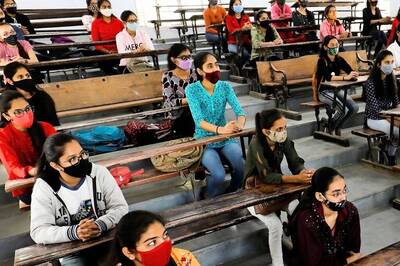
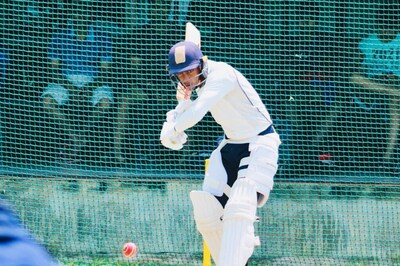
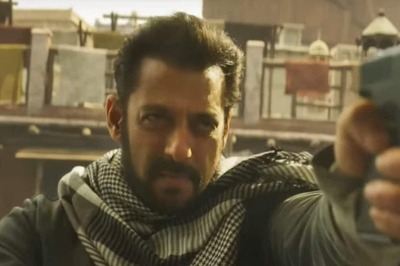

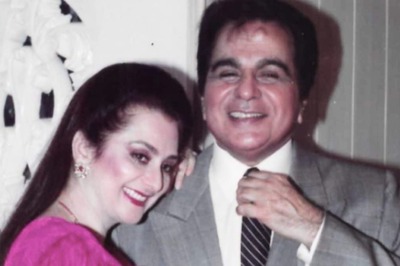


Comments
0 comment